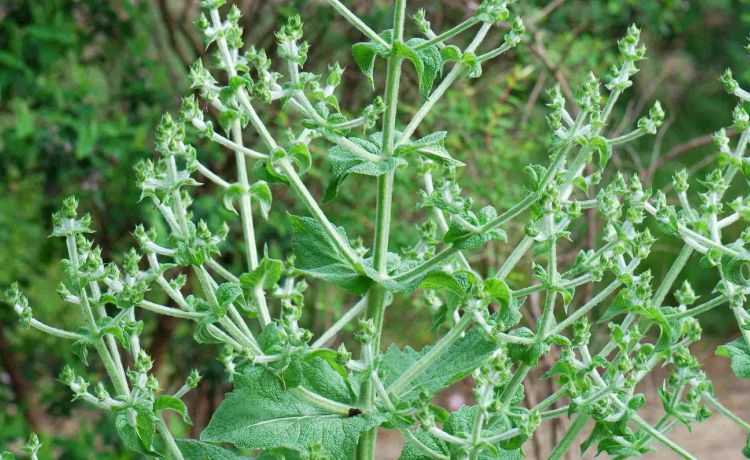Marine pollution causes tumors in turtles

River pollution affects the quality of sea water, harming the fauna of this habitat
Sea pollution is mainly caused by human action and has serious consequences for marine fauna and flora. Some research indicates that the appearance of tumors, fibropapillomatosis, in turtles, especially green turtles, may be the result of the presence of chemical residues of organochlorine pesticides and polychlorinated biphenyls (PCBs) released into rivers, according to the Ecotoxicology Center of Nuclear Energy in Agriculture (CENA) at USP.
These tumors are shaped like warts on the skin and are usually benign, but some turtles experience difficulties in feeding and locomotion and, because of them, develop other health problems. According to the Tamar Project, many arrive on the beaches weakened, and this prevents them from carrying out a surgical procedure for removal. Experts are concerned that these warts are a gateway for viruses and bacteria, but there is still no evidence that the disease is transmissible. This information is important because the green turtle is on the Red List of the International Union for the Conservation of Nature (IUCN), which indicates the conservation status of several species and indicates their risk of extinction.
In addition to fibropapillomatosis, turtles suffer from reproductive problems. Urban growth on the coast is attacking the beaches, which are fundamental for spawning, and the installation of artificial lights in the sand disorients the chicks, who head away from the sea and become prey. Hunting and collecting eggs are already less frequent, but in some places these practices are more of a difficulty for the life of these species.
As turtles are migratory animals, the causes of this disease are not the sole responsibility of Brazil. Other countries receive these animals at certain times of the year and also need to be concerned about the pollution released into the sea. Turtles are usually found in tropical and subtropical regions in waters close to the coast of the mainland and islands.
Naturally, wildlife has great obstacles and human action works as an enhancer of difficulties. The use of pesticides, for example, does not only harm men's health, but the health of the planet as a whole. The consequences of human activities reach fragile and endangered species, both flora and fauna, which need to be constantly monitored to try to avoid extinction.










